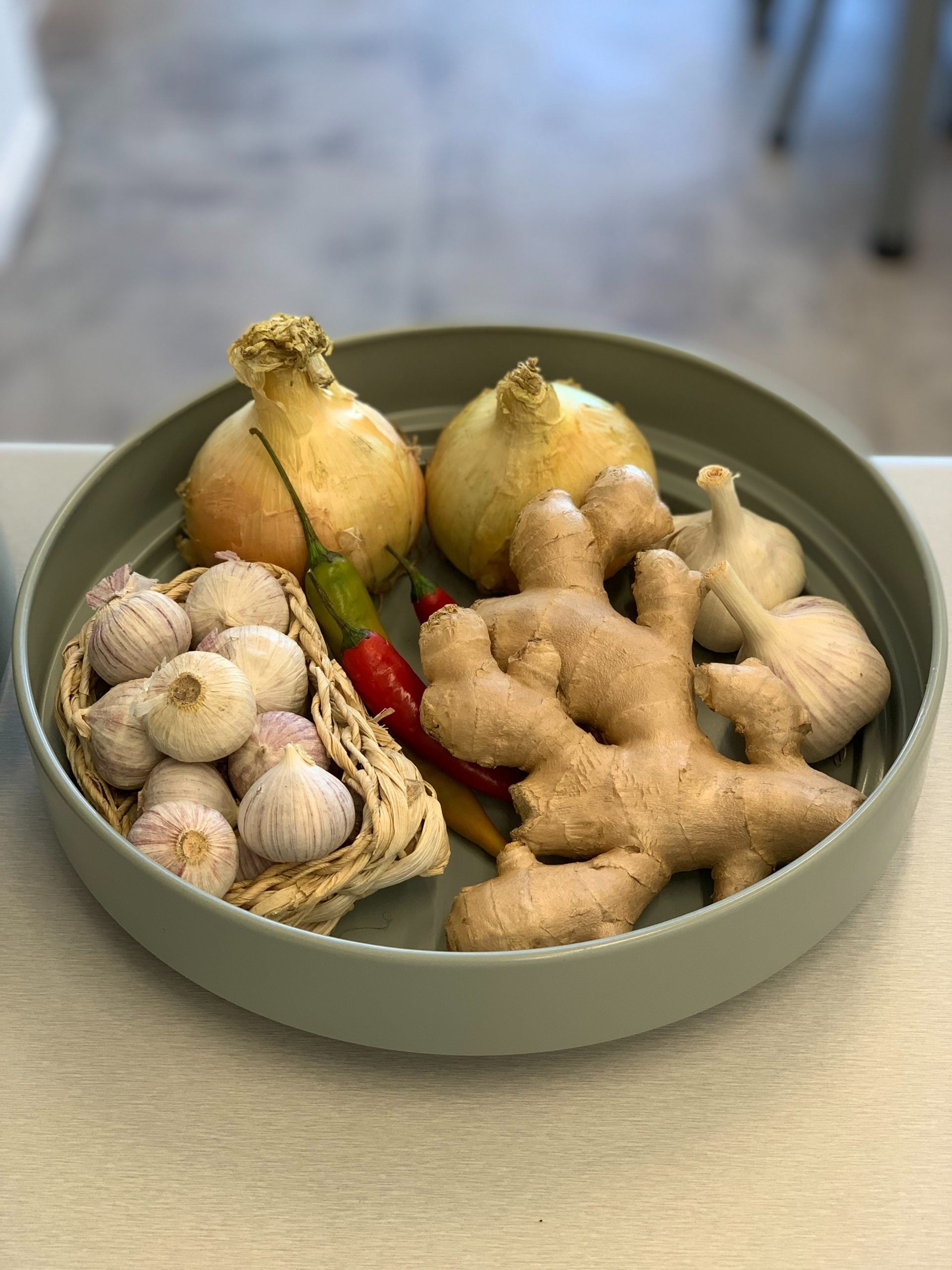Forgetting things more than normal ? Tired? Irritable? Struggling to focus or ‘get stuff done’?
Everyday ways to give your brain a workout.
What to do with a case of the ‘whatjamacallits’
“Can you pass me the … that thing, you know the thing over there?”
“ I was talking to, you know, your man’s wife, works at the bank, brown hair you know who I mean don’t you?
We all do it - forget names of people, places and things that we feel we should know. It’s easy to get annoyed when this happens, either with yourself, the person you are talking to, or sometimes even the inanimate object we are struggling to put a title to. Sometimes we start to worry when this happens too - is it a sign of something mores serious? Early onset Alzheimers? Something else?
The good news is usually not - usually forgetting like this is a normal part of every day life and is made worse by distraction, lack of concentration, being tired or feeling stressed. ( So everything that we are all feeling at the moment)
How to help your brain remember
Don’t reach for your google. It is so easy to put your hand on your pocket and type it into the pocket sized encyclopaedia we carry around with us that this is now the norm. For kids and adults alike we are inclined to look things up very quickly to a) get the answer and b) save time and get on with whatever it is we needed that name for. Doing this stops us having to think or really put into action our memory and what it is there for
Whilst this might be handy for some weird name of something you learned 10 years ago or if you are on a deadline, doing this quick look up several times a day for simple things might actually be weakening the areas of the brain that are so important in storing and accessing memories
The hippocampus is a key area of the brain for memory storage as well as something called the pre frontal cortex (PFC). The PFC is very important for processing information, helping us make decisions and evaluate problems as well as managing complex tasks. So it’s important to keep both these brain areas ticking over.
What to do?
Nothing! Next time you are thinking about that movie you loved last summer or the name of your P2 teacher, don’t rush to google. Pause, think, trust yourself that the answer will come to you. Let your memory muscles get a chance to work.
Do one thing at a time
Multitasking is unproductive, inefficient and stressful. None of which is good for our brain health. And whilst we are in lockdown this can be particularly challenging. So focus on doing one thing at time.
The biggest challenge to achieving this? Our mobile devices - breaking our train of thought whilst we are doing something for just a few seconds can increase the chance we will make mistakes with the task we are trying complete. Some experts say the chance of making a mistake triples when we check out phone mid job for just seconds!
This can impact our stress hormones and this in turn can have a negative effect on our short term memory.
What to do to get stuff done?
- If you have to get through your to do list, move your phone out of the way, ideally to another room
- Set times in the day when you will mindlessly scroll barbecues, holiday destinations for 2021 or social media for your latest burst of what is going on in the world (if you really want to know!)
- Commit to these times and this then frees up the rest of your time for the stuff you really need and want to get done.
Avoid the Hanger
Big gaps without eating, the type of food you eat, certain medications, stress levels and your sleep routine can all impact how quickly the feeling of hanger can hit ( hunger+ anger)
Hanger is a real thing due to the drop in blood sugar levels that happen when you have not eaten for long periods and for some people it can have huge effect on decision making, mood, relationships and their energy levels.
What to do to beat hanger
- Know yourself- if hanger is an issue for your there are a few things to consider
- Hydration
- Keeping healthy protein filled snacks at hand for when this starts to kick in.
- Most importantly, it is worth thinking about your diet overall and starting to keep a food diary of what you are eating and when. Consulting with a dietician or nutritionist can help if you can’t see any obvious patterns forming .
Reach Out
Loneliness has a significant impact on brain health. Research has shown again and again that connections are vital for brain health and whilst of course this is harder than normal at the moment, looking for ways to keep connections or form new ones with neighbours that you might not usually chat to can make a difference. Feeling lonely is stressful and stress is potent trigger for inflammation that can affect our brain health and general wellbeing.
Keep well
Dr Clara Russell









